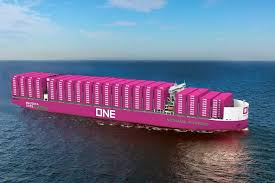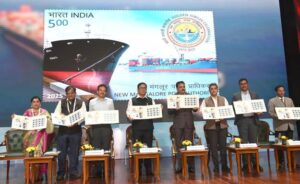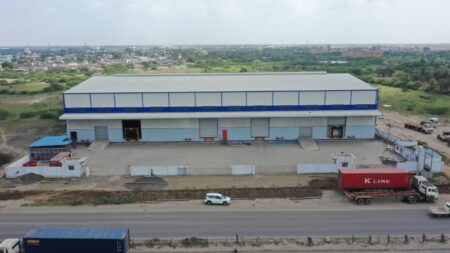Mohit Kapoor, Chair- Events Committee, Warehousing Association of India, highlights initiatives promoting gender diversity in logistics, overcoming challenges, successful women leaders, organizational strategies, unique attributes, and the evolving future with recommendations for inclusivity.

Inspiring achievements break gender barriers, guiding others to strive for excellence
In a bid to revolutionise the logistics sector in India, significant strides have been taken to promote gender diversity and inclusivity in the workplace. Initiatives ranging from women’s employment networks and gender sensitization training to equal opportunity policies and specialised skill development programs have been implemented. Despite progress, women in logistics often grapple with challenges such as gender bias, representation gaps, work-life balance issues, and safety concerns. To counter these obstacles, the sector is actively engaging in education and awareness programs, mentorship initiatives, leadership development, and the implementation of flexible, inclusive workplace policies. By fostering industry partnerships and celebrating diversity, the logistics sector aims to create an environment that empowers and supports women in their professional pursuits, paving the way for a more inclusive and diverse future.
Logistic sheroes
In recent years, the Indian logistics and supply chain industry has witnessed the remarkable leadership of women, who stand as shining examples. Notable figures include:
- Sanjam Gupta, Founder of Maritime SheEO,
- Pallavi Chaudhari, Director at Perfetti Van Melle,
- Vibha Kothari, DEI Manager at Zomato,
- Priyanka Chauhan, Project Head at Nestle, and
- Pooja Dogra, a Corporate Trainer in the supply chain sector.
Their outstanding achievements serve as a beacon of inspiration, paving the way for others in the industry to strive for excellence and break gender barriers.
Inclusive logistics
Organisations advocating gender diversity in logistics can foster inclusivity by prioritising diversity values, implementing gender-balanced recruitment, addressing biases through awareness, initiating mentorship programs, tailoring training for women, forming gender-focused employee groups, celebrating success stories, collaborating with educational institutions, and participating in industry-wide initiatives. These strategies collectively pave the way for a more inclusive culture, encouraging women to thrive in traditionally male-dominated roles within the logistics sector.
Empowering logistics
Women in the logistics sector bring valuable attributes, including collaboration, attention to detail, problem-solving skills, adaptability, customer-centric mindset, leadership, and a focus on diversity and inclusion. These unique qualities significantly contribute to industry growth and success. Recent international studies highlight a nearly 21percent increase in profitability post gender-diverse leadership changes. Education and mentorship play pivotal roles in encouraging young women to pursue logistics careers. Institutions must update curricula, offer exposure, and provide scholarships, while companies should promote role models and establish mentorship programs. The future of gender diversity in the Indian logistics industry holds promise, requiring equal opportunities, bias mitigation, support for women in leadership, flexible policies, education investment, and inclusive workplaces.











